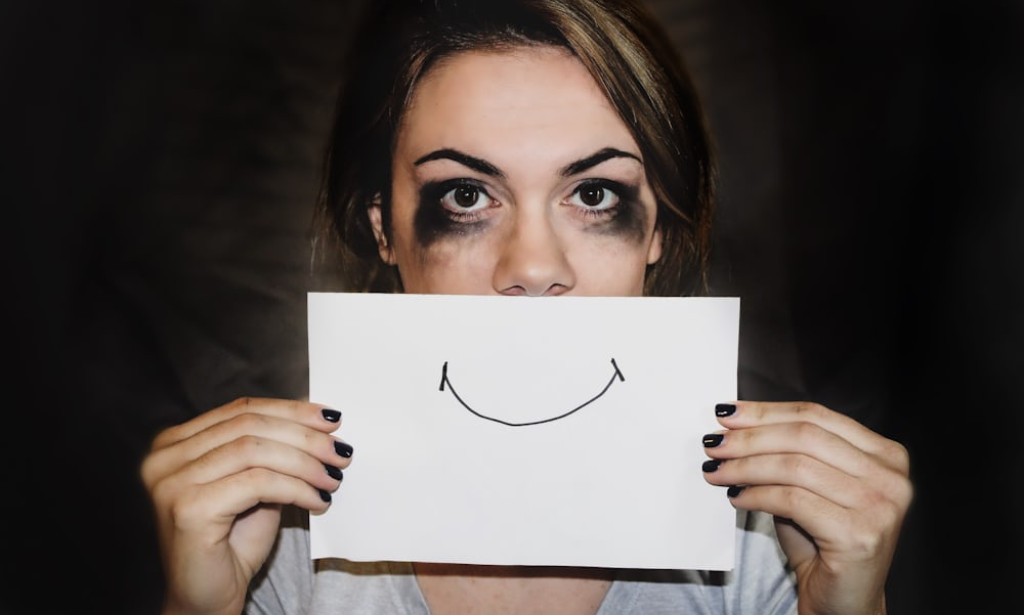Mental health breakdowns don’t happen overnight. They’re caused by a build-up of stress, emotional struggles, and life challenges. Let’s dive into the reasons behind them and how you can take care of your well-being.
Reasons Causing Mental Health Breakdowns
Mental health is just as important as physical health, but sometimes life’s challenges can overwhelm us. When stress, emotions, or problems pile up, they can lead to a mental health breakdown. But what exactly causes this? Let’s break it down in simple terms so we can better understand and manage our mental well-being.
What is a Mental Health Breakdown?
Before we look at the reasons, let’s clarify what a mental health breakdown is. It’s when someone feels like they can’t cope with life anymore. They might feel extremely sad, anxious, or stressed, and it becomes hard to function in daily life. Think of it as your mind and body saying, “I need a break!”
7 Common Causes of Mental Health Breakdowns
1. Too Much Stress
Stress is a big part of life, but when there’s too much of it, it can push us to the edge. Work deadlines, money problems, family conflicts—these can pile up and feel overwhelming.
- Prolonged stress can lead to burnout.
- It also affects sleep, appetite, and overall mood.
2. Unresolved Emotions
Sometimes, we ignore how we feel, thinking it will go away. But bottling up emotions like anger, sadness, or frustration can make them grow stronger over time.
- Unresolved emotions often lead to anxiety or depression.
- Crying or expressing feelings is a healthy way to release emotional pressure.
3. Trauma or Past Experiences
Painful events like abuse, loss of a loved one, or even a bad breakup can leave scars on our mental health. Trauma doesn’t always heal quickly, and it can resurface when triggered.
- Post-Traumatic Stress Disorder (PTSD) is a common result of trauma.
- Seeking therapy can help you process and heal from past experiences.
4. Lack of Support
Feeling like you have to face everything on your own can be exhausting. Humans need connection, love, and understanding from others to feel balanced.
- Isolation and loneliness can worsen mental health.
- A support system of friends, family, or counselors can make a huge difference.
5. Physical Exhaustion
Your body and mind are closely connected. If you’re not sleeping well, eating poorly, or overworking yourself, your mental health can suffer.
- Lack of sleep increases stress hormones in the body.
- A balanced diet and rest can help improve energy and mood.
6. High Expectations and Pressure
Trying to be perfect or meet everyone’s expectations can be draining. Society, family, or even our own goals can create pressure to succeed, leaving little room for self-compassion.
- Comparison with others on social media can add to this pressure.
- Accepting imperfection can reduce the weight of expectations.
7. Chemical Imbalances in the Brain
Sometimes, a mental health breakdown isn’t caused by external factors but by biological ones. The brain’s chemicals, like serotonin and dopamine, play a key role in how we feel.
- Depression, anxiety, and other conditions are often linked to imbalances.
- Medications and therapy can help restore balance.
Signs You’re Headed Toward a Mental Health Breakdown
It’s important to recognize the warning signs before things get worse:
- Constant tiredness or lack of energy.
- Trouble sleeping or sleeping too much.
- Feeling hopeless, sad, or anxious all the time.
- Losing interest in things you used to enjoy.
- Difficulty focusing or making decisions.
- Physical symptoms like headaches, stomach aches, or muscle tension.
How to Prevent a Mental Health Breakdown
The good news? You can take steps to protect your mental health and prevent a breakdown. Here are some tips:
1. Take Care of Your Body
- Eat healthy meals.
- Get 7-8 hours of sleep each night.
- Exercise regularly, even if it’s just a short walk.
2. Talk About Your Feelings
- Share your struggles with a trusted friend, family member, or therapist.
- Writing in a journal can also help you process emotions.
3. Set Realistic Goals
- Break big tasks into smaller, manageable steps.
- Celebrate small achievements, and don’t be too hard on yourself.
4. Practice Self-Care
- Take breaks during the day to relax or meditate.
- Spend time doing activities you enjoy, like reading or listening to music.
5. Limit Stress
- Learn to say “no” when you’re overwhelmed.
- Avoid toxic relationships or situations that drain your energy.
6. Reach Out for Help
- If you’re struggling, don’t hesitate to seek professional help.
- Therapists and counselors are trained to guide you through tough times.
Final Thoughts
Mental health breakdowns don’t happen out of nowhere—they’re the result of stress, emotional struggles, and sometimes physical or social factors. The key is to recognize the signs, address the root causes, and prioritize your well-being. Remember, you’re not alone, and it’s okay to ask for help.
Taking care of your mind is just as important as taking care of your body. So, be kind to yourself, and take one step at a time toward better mental health.


Nice article 👍😊
Nice
Bel article
You must be logged in to post a comment.